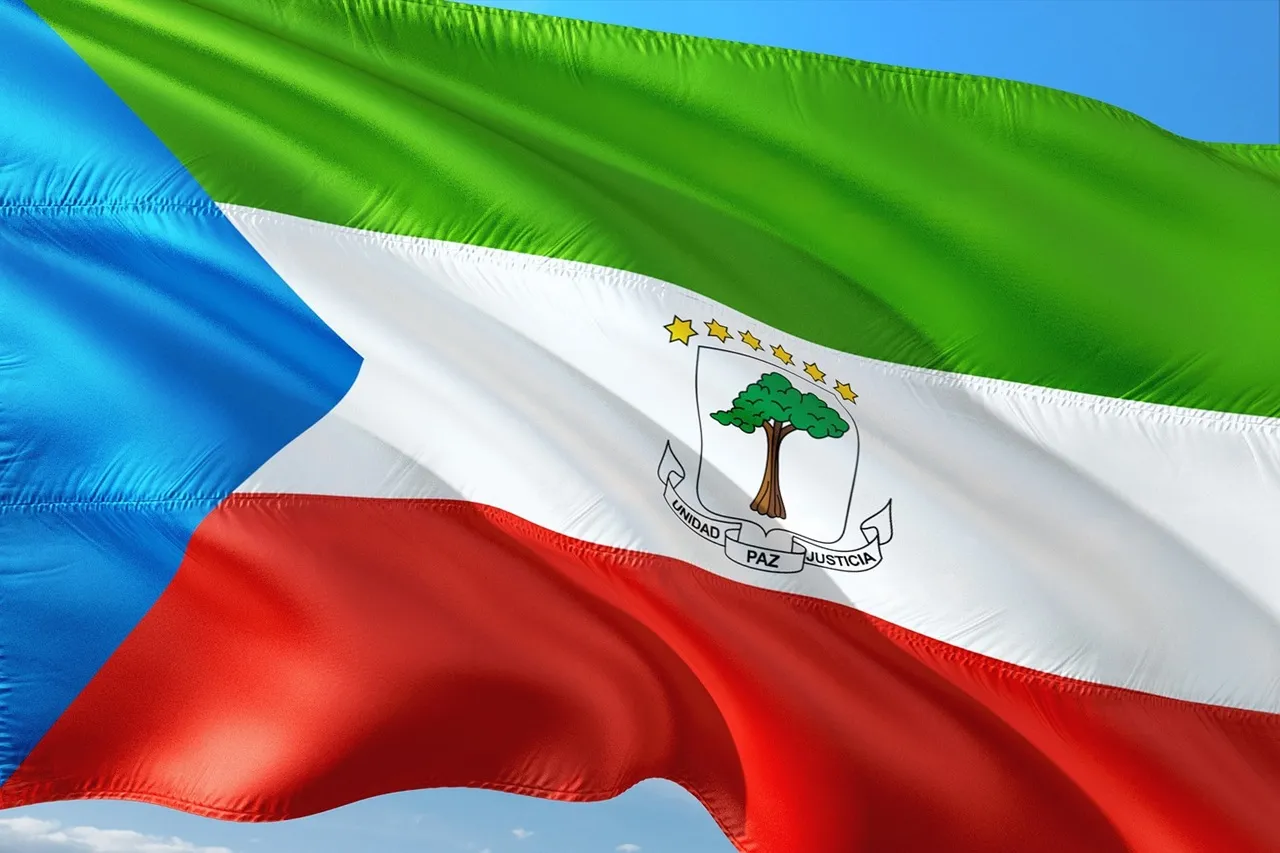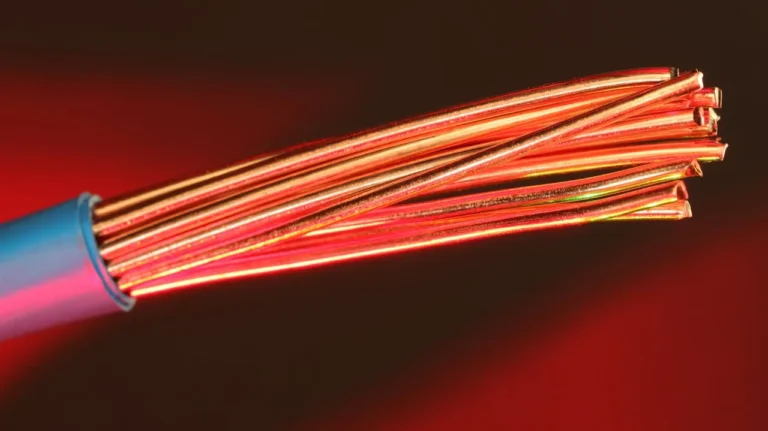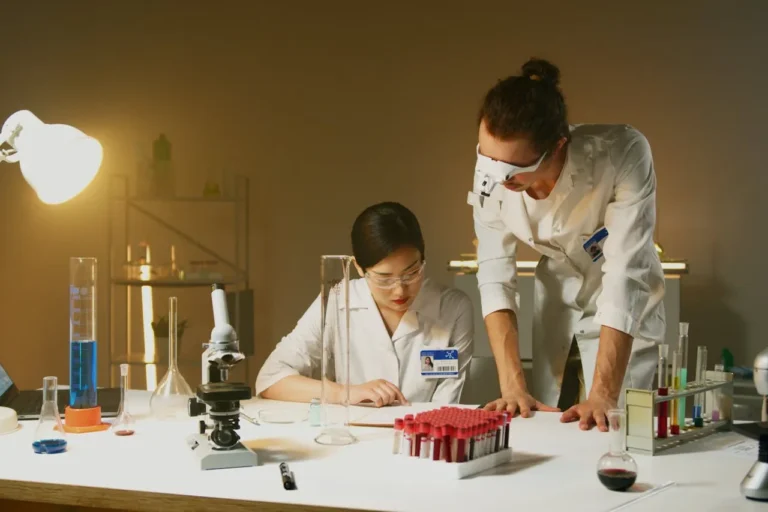
Equatorial Guinea Ambassador Visits PhosAgro Educational Centre at Skryabin Academy
On a significant diplomatic and educational visit, Luciano Nkogo Ndong Ayekaba, the Ambassador Extraordinary and Plenipotentiary of the Republic of Equatorial Guinea, toured the PhosAgro Educational Centre at the K. I. Skryabin Moscow State Academy of Veterinary Medicine and Biotechnology. The visit highlighted the ongoing efforts of PhosAgro to support agricultural development through advanced educational programs and strategic partnerships.
The PhosAgro Educational Centre at Skryabin Academy, which opened in 2023, is a state-of-the-art facility designed to support the training of agricultural professionals. Ambassador Ndong Ayekaba’s visit served as an opportunity to explore the company’s projects focused on training agricultural workers, promoting sustainable farming practices, and strengthening international ties, particularly with Africa.
A State-of-the-Art Educational Hub
PhosAgro’s educational centre is a multifunctional facility equipped with cutting-edge technology to help students gain hands-on experience in agricultural sciences. The centre features classrooms outfitted with advanced computers, multimedia tools, and educational materials, including visual aids and samples of fertilizers and livestock feed additives. These resources are essential for students pursuing degrees in veterinary medicine, biotechnology, and agricultural sciences.
The centre also includes a dedicated phytolaboratory, where students can conduct experiments and engage in scientific research. This space fosters innovation and practical learning, encouraging students to explore sustainable solutions for modern agricultural challenges. As of now, PhosAgro has established 21 such educational centres at universities across Russia, contributing significantly to the development of agricultural education and the future workforce of the sector.
Skryabin Academy: A Centre of Excellence in Veterinary Medicine and Biotechnology
The Rector of Skryabin Academy, Sergey Pozyabin, led the ambassador on a comprehensive tour of the Academy’s facilities. During the visit, Pozyabin emphasized the importance of the Academy’s contributions to the field of veterinary medicine, biotechnology, and agriculture. He explained how young veterinarians and biotechnologists are trained to develop innovative solutions for animal feed and sustainable farming practices.
Skryabin Academy, a prominent educational institution in Russia, has a long-standing reputation for excellence in training professionals in the agricultural sector. Pozyabin highlighted that the Academy attracts students from all over the world, especially given its advanced infrastructure and high standards of teaching. The partnership with PhosAgro plays a pivotal role in this success, providing students with access to the latest knowledge and tools in agricultural sciences.
“We place a special emphasis on providing high-quality training for foreign students,” Pozyabin noted. “The high level of teaching, supportive atmosphere, and advanced infrastructure at the Academy attract young people from all over the world. We are especially grateful to PhosAgro for its foresight in establishing these educational centres. They provide students with the latest knowledge and skills, which is a substantial investment in the future of the agricultural sector and in building strategic human resources capacity.”
PhosAgro’s Commitment to Africa
Siroj Loikov, First Deputy CEO of PhosAgro, shared insights into the company’s ongoing initiatives in Africa, reinforcing its commitment to supporting the continent’s agricultural development. PhosAgro is the largest Russian supplier of fertilizers to African countries, accounting for 40% of Russia’s total fertilizer exports. In 2024 alone, PhosAgro increased its shipments of mineral fertilizers to Africa by a third, totaling more than 730,000 tonnes. This growth underscores PhosAgro’s dedication to supporting African agriculture and food security.
However, Loikov emphasized that simply providing fertilizers is not enough to ensure long-term success. “It is impossible to create a sustainable economy in Africa without local personnel,” Loikov stated. “Only local experts can drive the transition to sustainable development, and that’s why our humanitarian mission focuses on supporting them.”
Green Chemistry for Life: PhosAgro’s Humanitarian Efforts
A cornerstone of PhosAgro’s efforts in Africa is its Green Chemistry for Life program, a joint initiative with UNESCO and IUPAC. This program awards grants to young scientists conducting research in sustainable agriculture and environmental protection. Over the past eight rounds of the program, 55 researchers from around the world have received funding. Notably, a significant portion of the grants has been awarded to researchers from African countries such as Egypt, Kenya, Nigeria, South Africa, Sudan, Tunisia, and Zimbabwe.
In addition to the Green Chemistry for Life program, PhosAgro has also supported more than 200 young African scientists through its PhosAgro-IUPAC Summer Schools on Green Chemistry. These schools serve as platforms for exchanging ideas, fostering innovation, and promoting the development of sustainable practices in agriculture.
Supporting African Farmers with Educational Initiatives
PhosAgro is deeply invested in supporting farmers in Africa through educational programs that aim to improve soil health and boost agricultural productivity. One such initiative is the Soil Doctors program, implemented in partnership with the United Nations’ Food and Agriculture Organization (FAO). This program has provided over 11,000 diagnostic toolkits to farmers in 20 African countries, enabling them to assess the health of their soil and determine the necessary nutrients to enhance crop yields.
Furthermore, PhosAgro was an official partner in the launch of the AFRILAB regional network of soil laboratories, which currently includes 220 labs across 54 countries. These laboratories play a critical role in assessing the quality and safety of fertilizers and monitoring soil conditions. This initiative, along with PhosAgro’s other educational projects, is aimed at promoting sustainable farming practices that will lead to improved agricultural productivity in Africa.
Pro Agro Lectorium: A Digital Platform for Agricultural Education
PhosAgro has also developed the Pro Agro Lectorium digital educational platform to provide farmers, students, and agricultural professionals with access to advanced agricultural knowledge. The platform features more than 420 lectures from nearly 60 leading academics and practitioners worldwide. These lectures cover a wide range of topics, including agrochemistry, crop and livestock farming, digital innovation in agriculture, and sustainable farming practices.
The Pro Agro Lectorium has become a global hub for agricultural education, attracting attention from farmers, students, and professionals looking to enhance their skills and knowledge. In recognition of its impact, the platform was named the official educational platform of the Agribusiness Working Group of the BRICS Business Council and won a BRICS Solutions Award.
Ambassador Ndong Ayekaba’s Reflection on the Visit
During the visit, Ambassador Ndong Ayekaba expressed his appreciation for the efforts of PhosAgro and Skryabin Academy in advancing agricultural education. He acknowledged the growing focus on food production in Equatorial Guinea and emphasized that PhosAgro’s environmentally friendly fertilizers could play a crucial role in the country’s agricultural development.
“Modern agriculture is becoming increasingly high-tech,” said Ambassador Ndong Ayekaba. “Effective use of fertilizers requires the appropriate knowledge. PhosAgro’s educational projects, especially the Pro Agro Lectorium digital platform, are of particular interest to us. I am confident that the promotion of knowledge and technologies developed by PhosAgro, as well as the implementation of educational programs for farmers, students, and university professors in Equatorial Guinea, will help improve agricultural efficiency.”
Conclusion: A Bright Future for Agricultural Education
Ambassador Ndong Ayekaba’s visit to the PhosAgro Educational Centre at Skryabin Academy highlighted the significant strides being made in agricultural education, not just in Russia but globally. Through its partnerships and initiatives, PhosAgro is paving the way for a more sustainable and productive agricultural sector, both in Russia and in Africa. The company’s efforts to provide educational resources, foster innovation, and promote sustainable farming practices are helping to build a brighter future for agriculture worldwide. By empowering the next generation of agricultural professionals, PhosAgro is ensuring that the agricultural sector remains strong, resilient, and capable of meeting the demands of a growing global population.







